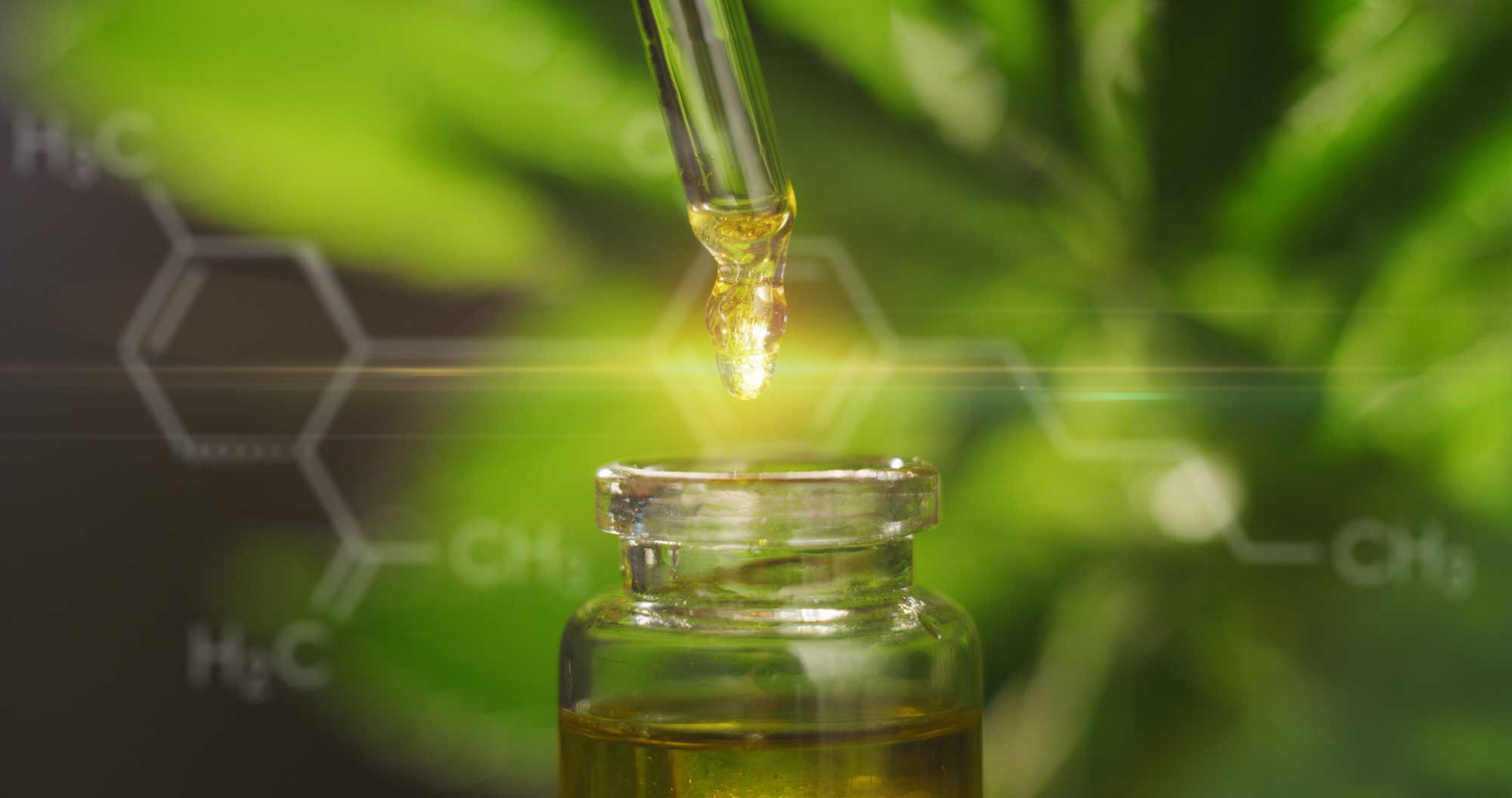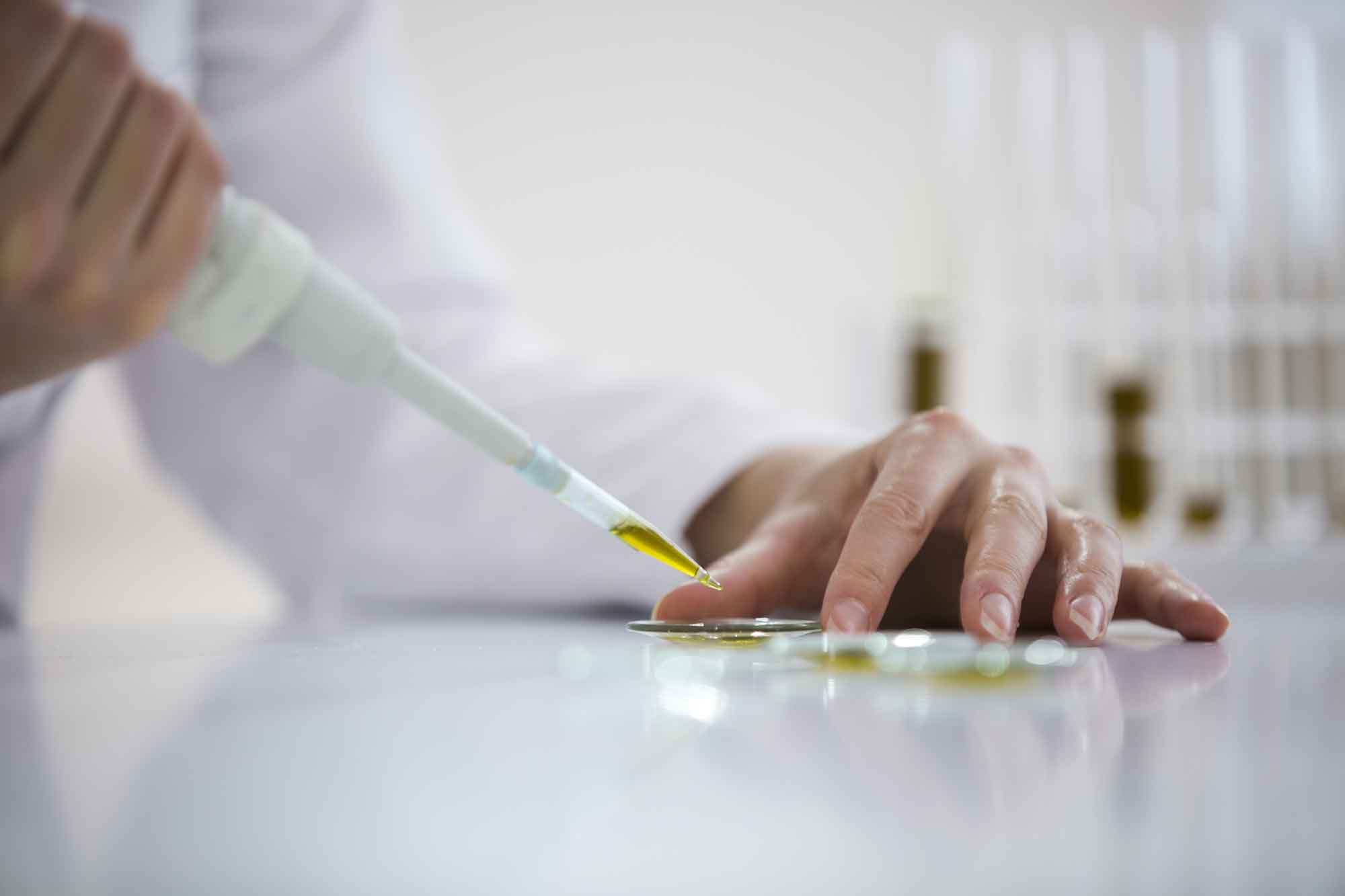
We Are Not Sugarcoating It | Our Gut Microbiome & Alcohol
WRITTEN BY MILICA STOJSAVLJEVICK AND DR. SWATHI
“Happy Hour?” Your friend asks the inevitable question on a Friday afternoon after a long week at work.
Wine, spirits, beer; you name it. But, what effect does it have on our gut microbiome? For one drink? What about four or five drinks? The effect of alcohol on the gut can start out as mild, but can take a turn for the worst many years later. Couple that with excess sugar in your diet, consuming high quantities of food with gluten, and a high stress environment, and you are in for a gastrointestinal (GI) disaster.
Before we get too ahead of ourselves, let’s go over what a microbiome is. Some may have heard of the term gut flora before, but this term has now been appropriately replaced as it does not encompass the entire picture. A microbiome or microbiota is the total collection of microorganisms in your GI tract (1). Most people may be aware of having bacteria in our gut, but there is a lot more to it.
First, there are both good AND bad bacteria, and when the bad outweighs the good, we begin to have problems. It has been said that we have ten times more bacteria in our bodies than human cells (2)! There are also good and bad yeasts, viruses, and archaea (1). Our goal is to keep both good and bad in a symbiotic state, or in simpler terms “happy medium”. Once we start throwing off this balance, we begin to develop unpleasant symptoms (more information below). When people say life is all about balance, they are not kidding!
Okay, now back to alcohol. A few of the effects brewing below the surface include inflammation in the gut, enhanced gut permeability (ie. digested particles and toxins have an easier time crossing over into the body’s circulatory system), overgrowth of bad bacteria, inhibition of digestive enzymes and juices, and increase in cravings for processed and sugary foods (which do their own number of damages on the gut lining) (3,4). It is likely that one drink will cause this list of issues, however, it is something to be aware of before reaching for the next drink. For some, their alcohol intake could be a piece of the puzzle that eventually leads to conditions such as leaky gut, inflammatory bowel disease, irritable bowel syndrome, and food sensitivities (4).
When trying to figure out new or worsening allergies or intolerance to certain food groups, there are myriad of symptoms could include bloating, nausea, vomiting, hives, brain fog, memory problems, fatigue, insomnia, weight gain, bad breath, mood imbalance, and constipation/diarrhea (2). Having just one of these would be unpleasant, let alone all of them!
One of the best ways to prevent these issues from arising, or potentially reversing them is to get your microbiome in check. Probiotics are a good place to start as they flood your gut with good bacteria2. For more information on the gut microbiome, stay tuned for our upcoming articles featuring our Advisory Board member and integrative gastroenterologist, Dr. Marvin Singh, MD.
Resources
- Quigley EM. Gut bacteria in health and disease. Gastroenterol Hepatol (NY). 2013;9(9):560-569.
- Crowley C. How to Follow a Dysbiosis Diet to Heal an Unhealthy Gut. PrimeHealth Denver. https://primehealthdenver.com/dysbiosis-diet/. Published July 29, 2020.
- The Lowdown On Alcohol And The Gut. The Gut Stuff. https://thegutstuff.com/alcohol-and-the-gut/. Published October 5, 2020.
- Engen PA, Green SJ, Voigt RM, Forsyth CB, Keshavarzian A. The Gastrointestinal Microbiome: Alcohol Effects on the Composition of Intestinal Microbiota. Alcohol Res. 2015;37(2):223-236.
--
This article was edited by Dr. Swathi and was written by Element Apothec Scientific Communications Intern, Milica Stojsavljevic. She is a Doctor of Pharmacy (PharmD) student at Concordia University Wisconsin School of Pharmacy in Mequon, Wisconsin.











